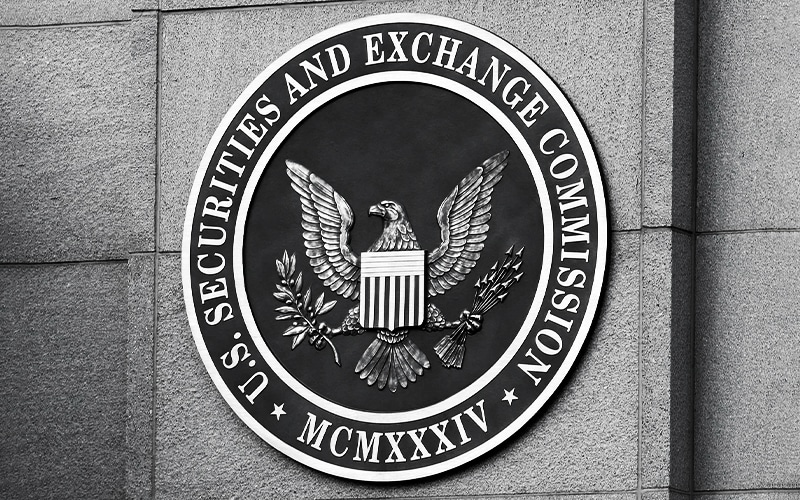The US SEC today charged Genesis Global Capital, and Gemini Trust Company in the U.S. District Court for the Southern District of New York. In its complaint the SEC alleges that the Gemini Earn program constitutes an offer and sale of securities under applicable law and should have been registered with the Commission.
SEC revealed that through this unregistered offering, Genesis and Gemini raised billions of dollars’ worth of crypto assets from hundreds of thousands of investors. The complaint seeks permanent injunctive relief, disgorgement of ill-gotten gains plus prejudgment interest, and civil penalties.
In February 2021, Gemini and Genesis started offering its customers including retail investors in the United States. Under this program, customers got an opportunity to loan their crypto assets to Genesis. Gemini promised pay back with interest to customers in exchange for lending their funds to Genesis.
Per the complaint, Genesis took control over how to use investors’ crypto assets to generate revenue and pay interest to Gemini Earn investors. Gemini acted as an agent to facilitate the transaction between customers and Genesis; and charged them fees as high as 4.29%.
In November 2022, Genesis announced that it would not allow its Gemini Earn investors to withdraw their crypto assets because Genesis lacked sufficient liquid assets to meet withdrawal requests following volatility in the crypto asset market. At that time, Genesis held approximately $900 million in investor assets from 340,000 Gemini Earn investors.
Earlier this month Gemini terminated the Gemini Earn program, following which a class action lawsuit was filed by customers against Genesis and DCG by Gemini Earn Users. However, retail customers are yet to withdraw their crypto assets.
SEC Chair Gary Gensler said, “Today’s charges build on previous actions to make clear to the marketplace and the investing public that crypto lending platforms and other intermediaries need to comply with our time-tested securities laws. Doing so best protects investors. It promotes trust in markets. It’s not optional. It’s the law.”







